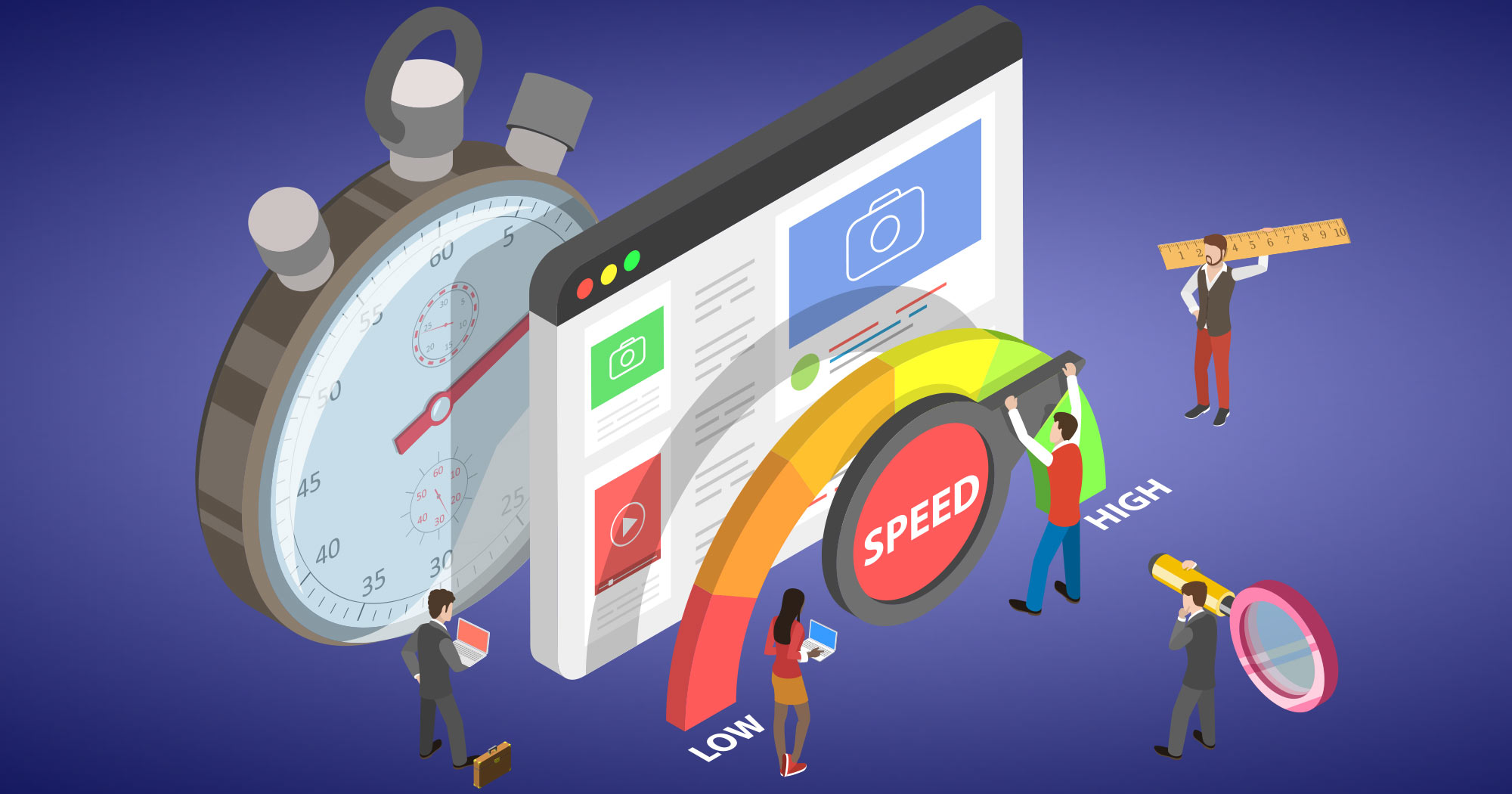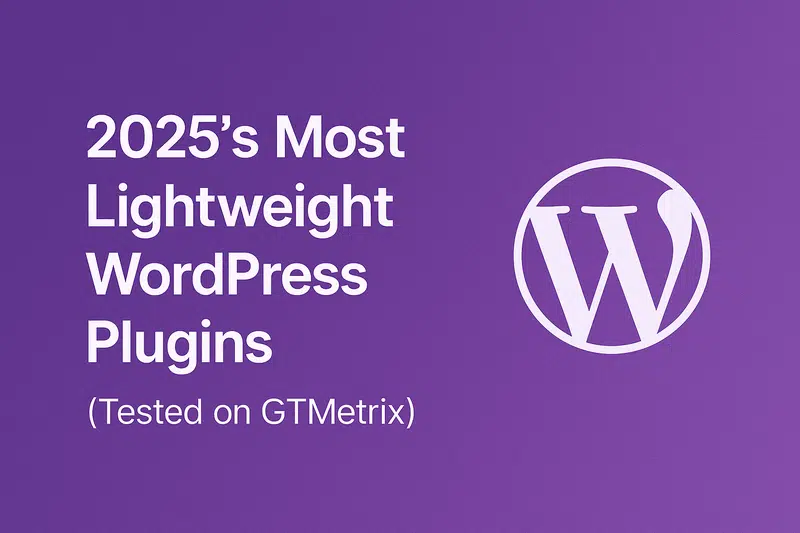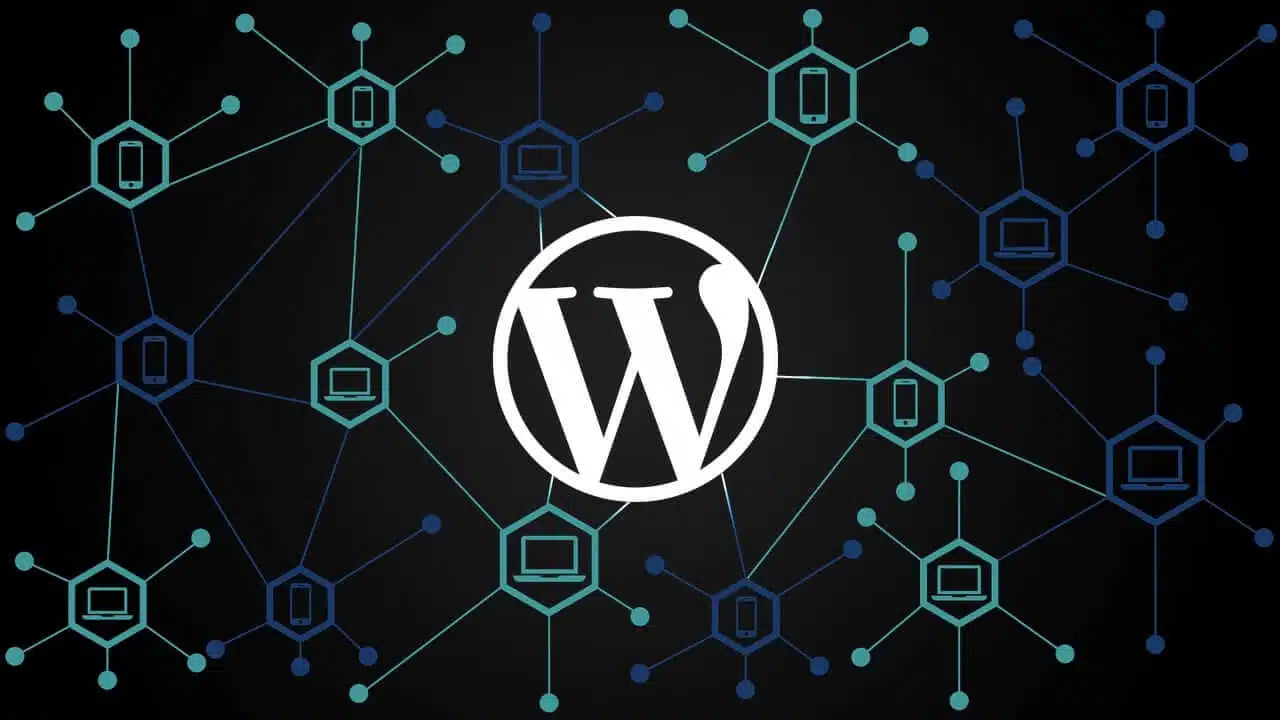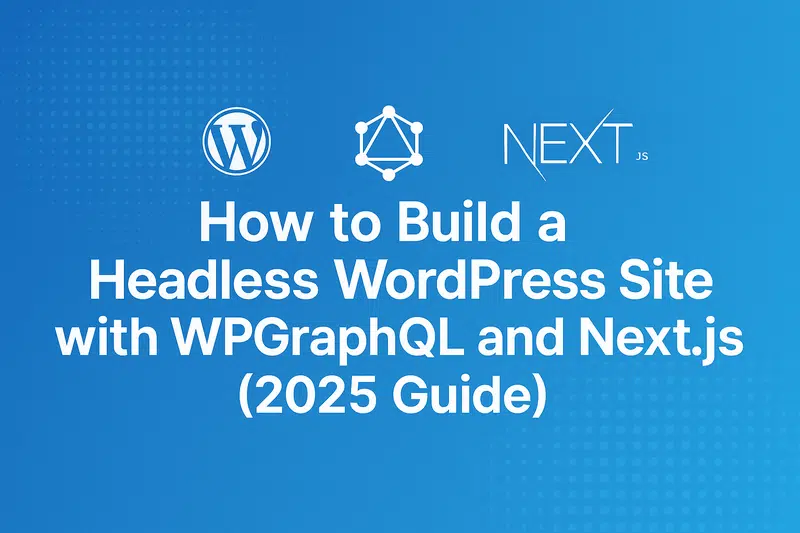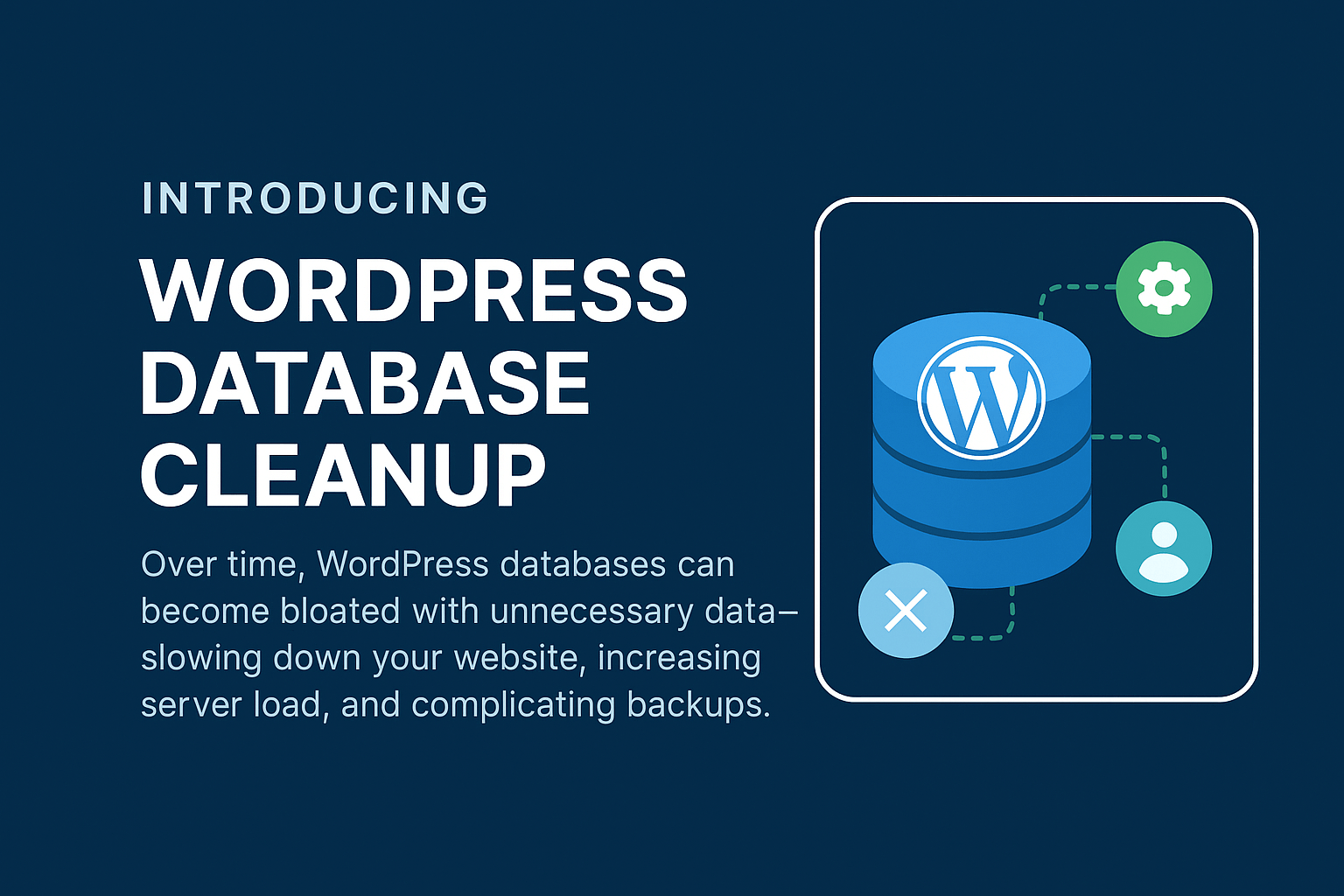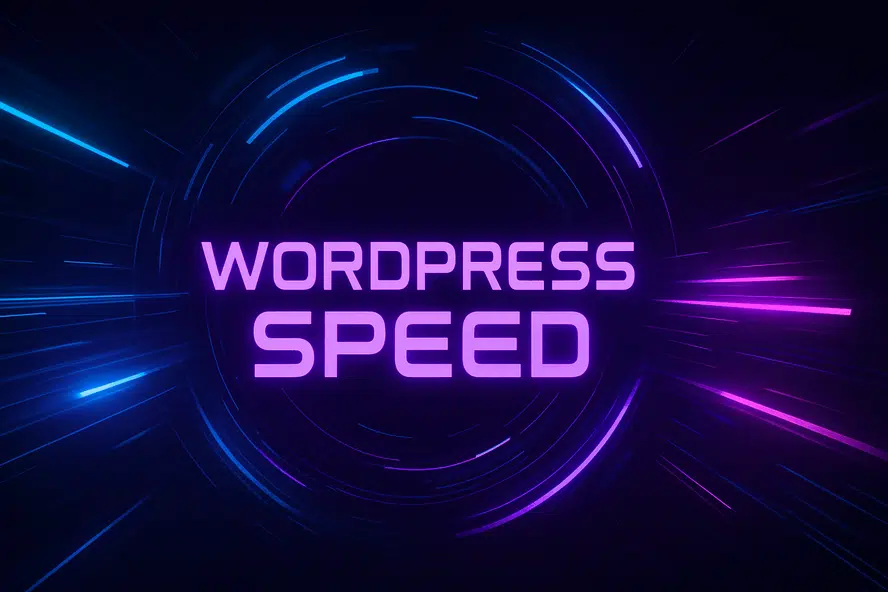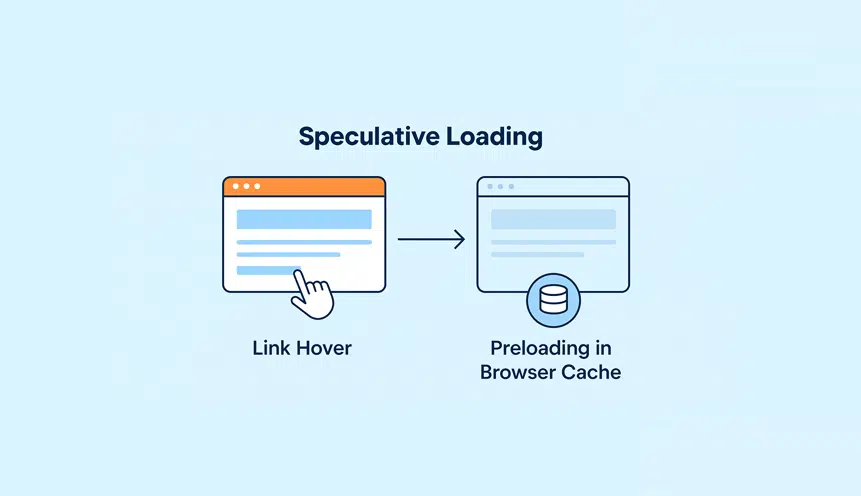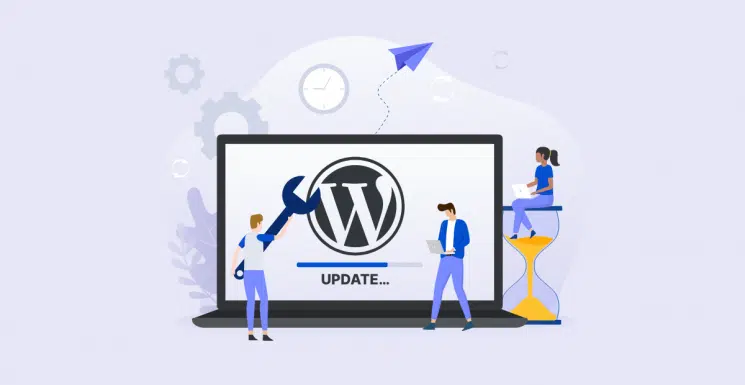Rev Up Your Website: 10 Tips to Speed Up WordPress Performance
Introduction:
Having a fast website is crucial in the digital age, where attention spans are shorter than ever. A slow-loading website can lead to frustrated visitors, higher bounce rates, and ultimately, loss of potential customers. Therefore, it is imperative to take measures to boost your WordPress site’s performance and ensure a seamless user experience. In this article, we will discuss ten essential tips to help you speed up your WordPress website.
1. Choose a Lightweight Theme:
The foundation of every WordPress website is its theme. Opt for a lightweight theme that does not sacrifice functionality for bells and whistles. Avoid themes with excessive built-in features and choose one that focuses on performance optimization. A lightweight theme will load faster and provide a solid base to build upon.
2. Minimize Plugins:
While plugins can add numerous functionalities to your website, too many of them can significantly slow down its performance. Regularly review the plugins installed on your site and remove any unnecessary or redundant ones. Additionally, select plugins that are frequently updated and have positive user reviews.
3. Optimize Images:
One of the primary culprits of slow-loading websites is large image files. Optimize your images by compressing them without compromising their quality. Utilize plugins like Smush or EWWW Image Optimizer to automatically compress your images, making them more lightweight and faster to load.
4. Utilize Caching:
Caching generates static versions of your website, which can be quickly loaded for subsequent visitors. Implement a caching plugin, such as WP Super Cache or W3 Total Cache, to improve loading times by serving cached versions of your web pages. This technique reduces the processing burden on your server and enhances the overall performance.
5. Enable Gzip Compression:
Gzip compression is a technique that reduces the size of files sent from your server to the user’s browser. This compression significantly minimizes the amount of data transferred and subsequently speeds up your website. You can enable Gzip compression by adding a code snippet to your .htaccess file or by using a plugin like GZip Ninja Speed Compression.
6. Optimize Database:
Your WordPress database stores all your website’s content, themes, and plugins, and if left unoptimized, it can slow down your website. Regularly clean up your database by removing unnecessary data, spam comments, and post revisions. Utilize plugins like WP-Optimize or WP-Sweep to optimize and streamline your database.
7. Utilize Content Delivery Network (CDN):
A Content Delivery Network is a network of servers located in different geographical locations that store copies of your website’s static files. When a user visits your website, the CDN serves the content from the server closest to their location, which significantly reduces latency and improves loading time. Services like Cloudflare, MaxCDN, and Amazon CloudFront offer reliable CDN solutions.
8. Use Lazy Loading:
Lazy loading is a technique that defers the loading of non-critical elements, such as images, until the user scrolls down the page. This technique prioritizes the loading of essential content, allowing users to view and interact with your website faster. Install plugins like Lazy Load or BJ Lazy Load to implement this technique effortlessly.
9. Optimize CSS and JavaScript Files:
Minifying and compressing your CSS and JavaScript files reduce their file size, resulting in faster loading times. Plugins such as Autoptimize or W3 Total Cache offer options to combine, minify, and compress your website’s CSS and JavaScript files, optimizing their performance.
10. Choose a Reliable Hosting Provider:
Last but certainly not least, your website’s Hosting provider plays a crucial role in determining its speed and overall performance. Invest in a reliable Hosting provider that offers high-speed servers, excellent uptime, and robust security measures. Some popular choices include Bluehost, SiteGround, and WP Engine.
FAQs:
Q: Can optimizing my website’s performance affect my search engine rankings?
A: Yes, website speed is an essential ranking factor for search engines like Google. A fast-loading website improves user experience and usability, resulting in higher search engine rankings.
Q: How can I check my website’s loading speed?
A: Tools like Google PageSpeed Insights, GTmetrix, or Pingdom can analyze your website’s loading speed and provide suggestions for improvement.
Q: Do I need to follow all these tips, or can I prioritize them?
A: While implementing all these tips will undoubtedly improve your website’s performance, you can prioritize based on your specific needs. Start with the most impactful tips, such as choosing a lightweight theme and minimizing plugins, before delving into other optimizations.
Q: Is it necessary to implement all these changes manually?
A: No, many plugins are available that simplify the optimization process. These plugins can automatically compress images, enable caching, minify files, and more, making it easier to improve your website’s performance.
Conclusion:
A slow-loading website can deter visitors and harm your online presence. By following these ten tips, you can significantly enhance your WordPress website’s speed and provide an excellent user experience. Remember to select a lightweight theme, optimize images, utilize caching and CDN, and regularly monitor and optimize your database. Implement these measures, and you’ll be on your way to a faster-loading website that captivates and retains visitors.
Post Summary:
In this article, we learn that having a fast website is crucial in the digital age as slow-loading websites can lead to frustrated visitors and loss of potential customers. To boost WordPress website performance, the article suggests the following tips: 1. Choose a lightweight theme. 2. Minimize plugins. 3. Optimize images. 4. Utilize caching. 5. Enable Gzip compression. 6. Optimize the database. 7. Utilize a Content Delivery Network (CDN). 8. Use lazy loading. 9. Optimize CSS and JavaScript files. 10. Choose a reliable Hosting provider. Implementing these tips can improve website speed, user experience, and search engine rankings. Tools like Google PageSpeed Insights can help analyze loading speed, and plugins simplify the optimization process.





